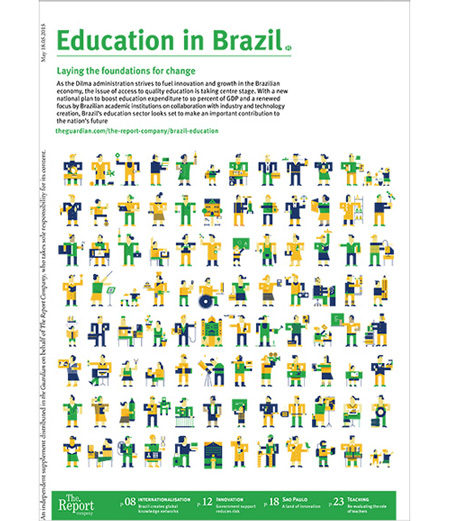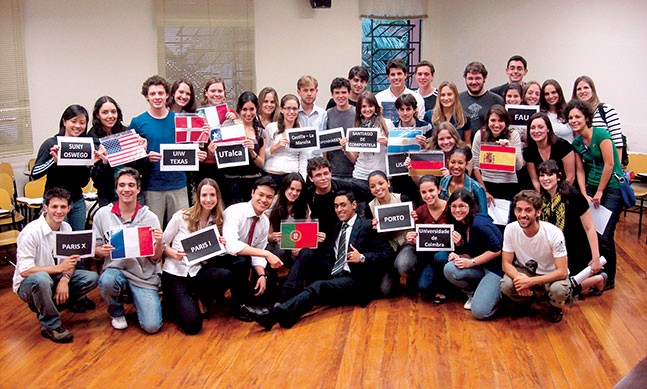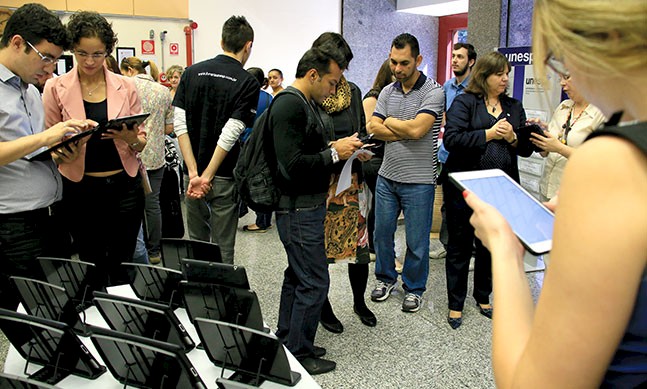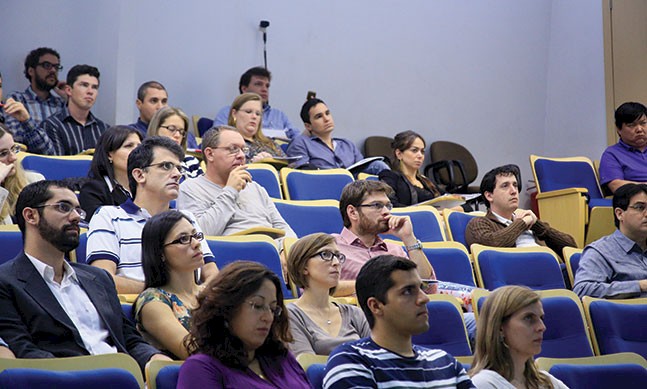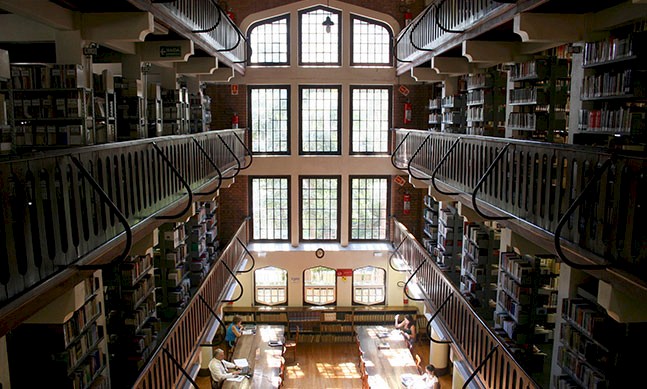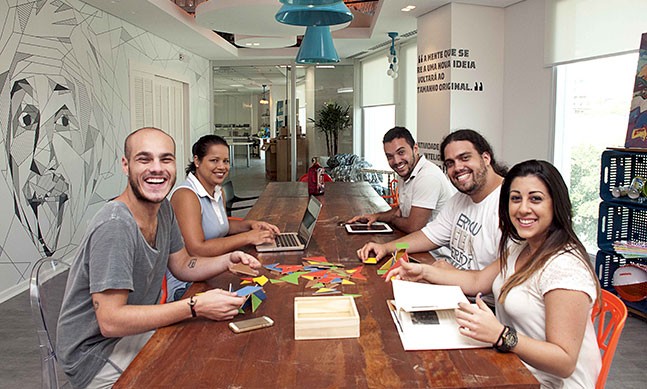The agility of the private sector is likely to create an unrecognisable future for the mass education of Brazil’s youth over the next decade
Today, more than 2,000 private institutions represent around 75 percent of Brazil’s university places, but while there is arguably room for more consolidation, a period of reassessment has followed the initial flurry of activity. Earlier this year, the tightening of the rules for students to qualify for the government FIES student loans programme has altered the future landscape for private universities. The introduction of a minimum score in the compulsory Enem test will have a major impact on the numbers of students receiving help to attend fee-paying universities.
As ever, though, the sector has responded quickly, and Kroton is already looking into creating its own private funding scheme, displaying clearly the sector’s strength. With private universities taking a more methodical approach to higher education and preparing students for the jobs market, technology is their ally. Management tools are being deployed to measure teachers and students alike in everything from over and under-performing courses to salary trends for graduates. For students, clearly seeing the correlation between receiving a loan, studying and the salary and career path they are likely to then follow after graduating, this offers a future many never thought they could achieve.
This ties in with a revolution in the teaching-learning process which is increasing the relevance of the new institutions and to some extent alienating the old. Companies like Geekie can offer educational platforms that will bring more relevance and greater engagement for students. The deeply-filled shelves of federal university libraries are no longer the grand source of knowledge they once were, and whether through distance learning or in laboratories, above all it is the private institutions that have the necessary fluidity to rapidly assimilate, and in many cases create, these new platforms.



